Optimizing the supply chain, fleet, and warehouse management is key to thriving in the logistics world. That's when the ERP system specifically designed for the logistics industry comes into play. It empowers businesses to streamline operations and always stay ahead in the competition. However, not every ERP system can meet the complex needs of this industry. To help businesses operate smoothly and more efficiently, an ERP system needs to have specific features.
In this article, let's explore the 8 most outstanding features of ERP software in the logistics industry below.
1. Smart transportation coordination
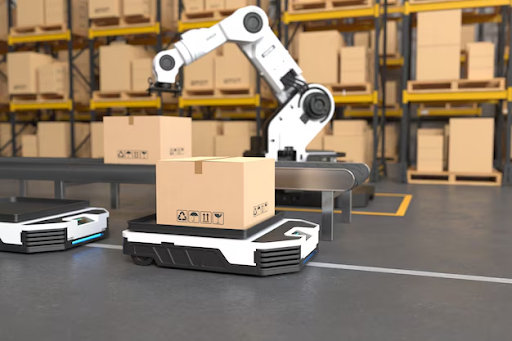
This feature allows you to optimize your transportation network, ensuring efficient and cost-effective deliveries.
- Route optimization: ERP uses intelligent algorithms to calculate and select the most optimal transportation route, helping to save time and costs.
- Multimodal transport management: Supporting transportation management through various methods such as road, sea, air, and rail.
- Real-time shipment tracking: Allows tracking the location and status of goods in real-time, helping managers capture information and address arising issues promptly.
- Integration with carriers: Connect with carriers to automate the booking process, track, and manage shipments.
2. Effective warehouse and inventory control
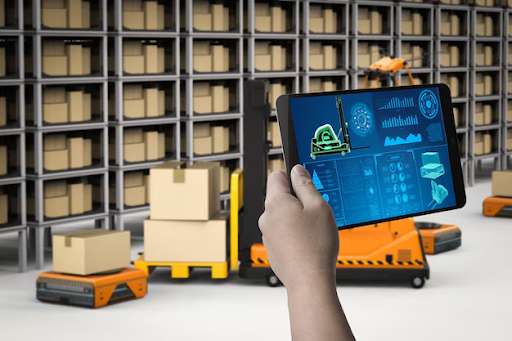
Logistics companies can manage inventory accurately, streamline workflows, and respond quickly to changing demands.
- Multi-location warehouse management: Allows management of various warehouses, including central and satellite warehouses.
- Real-time inventory tracking: Continuously update inventory quantities, helping managers grasp information and make timely decisions.
- Optimizing warehouse space: Organizing goods scientifically to optimize warehouse space and minimize storage costs.
- Batch/serial management: Track goods by batch or serial number to manage product quality and origin.
3. Smart fleet management
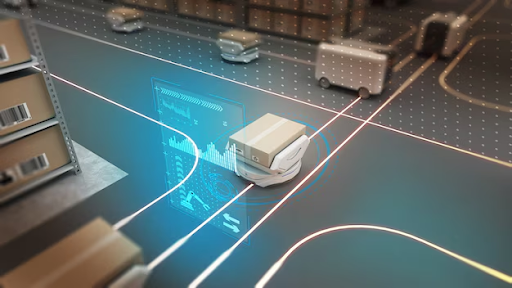
The ERP system for logistics provides deep insights into vehicle performance and operational efficiency.
- Vehicle information management: Store detailed information about each vehicle, including maintenance, repair, and activity history. Utilize GPS tracking to monitor vehicles in real-time.
- Vehicle tracking: Allows tracking the vehicle's location on the map, helping the manager to grasp information and coordinate the vehicle effectively.
- Maintenance planning: Develop a regular maintenance schedule for the vehicle to ensure it is always in good working condition.
- Operational cost management: Monitoring and analyzing the operational costs of the fleet, helping the manager make cost-saving decisions.
4. Shopping management

With this feature, you can track the order fulfillment process from initial entry to final delivery, providing timely updates to customers.
- Supplier management: Store information about suppliers, including contact information, transaction history, and evaluations.
- Shopping plan: Based on actual needs and forecasts to plan the procurement of goods.
- Order management: Create and manage orders, track the status of order fulfillment.
- Price management: Monitor and compare the prices of different suppliers to choose the best one.
5. End-to-end order management
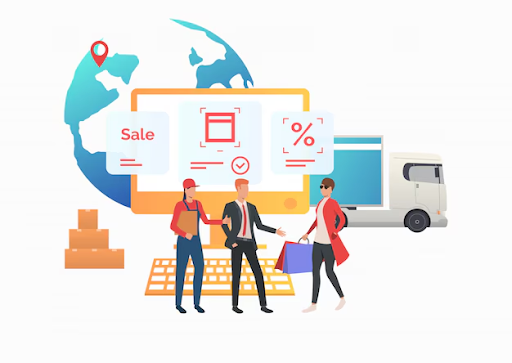
How can you optimize the relationship with suppliers and the purchasing strategy?
ERP is the key to automating procurement tasks, reducing costs, and maintaining high-quality standards while ensuring timely delivery of goods and services.
- Consolidate supplier information to manage relationships effectively.
- Automate purchase orders to speed up the approval and ordering process.
- Monitor contracts and compliance to minimize risks.
- Analyze shopping data to enhance budget management.
6. Detailed information about demand forecasting
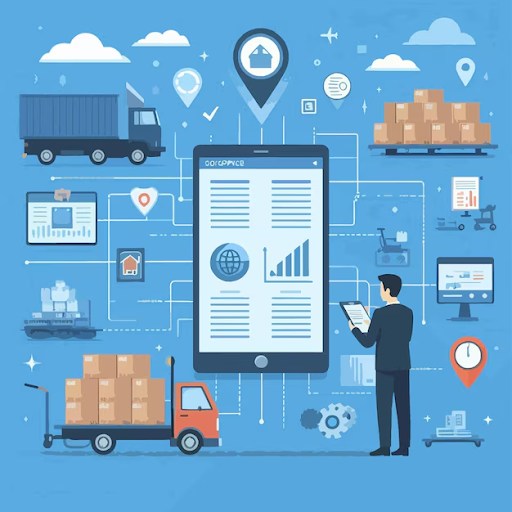
If logistics companies want to stay ahead of market trends, this ERP feature is essential.
- Historical data analysis: Analyzing historical data on sales, market trends, and other factors to predict future demand.
- Demand forecasting: Using tools and algorithms to predict customer demand in the future.
- Production and inventory planning: Based on demand forecasts to create appropriate production and inventory plans.
7. Seamless financial supervision
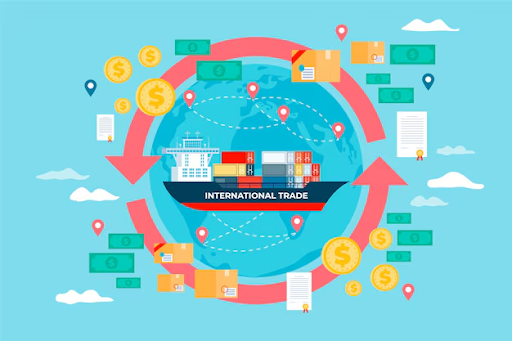
The ERP logistics software integrates financial management into operations, providing a comprehensive view of costs and profits.
- Cash flow management: Monitoring and managing the inflow and outflow of cash for the business.
- Cost management: Monitoring and analyzing the operational costs of the business.
- Preparing financial statements: Creating financial reports such as income statements, cash flow statements, and balance sheets.
- Integration with the accounting system: Connect with the accounting system to automate the recording and financial reporting process.
8. Customer relationship management and sales (CRM)
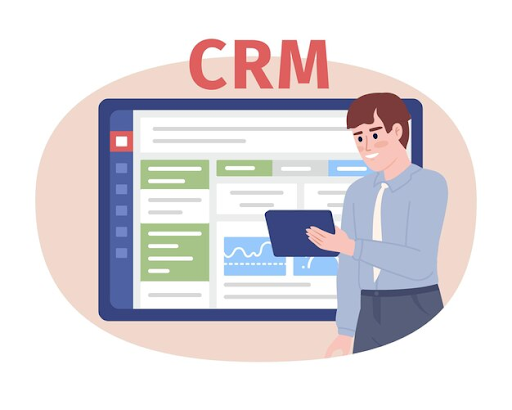
Tracking customer interactions and preferences has become easier, ensuring that services are tailored to meet individual needs and foster loyalty.
- Customer information storage: Store detailed information about customers, including contact information, transaction history, and preferences.
- Customer interaction management: Monitor and manage customer interactions with the business, including emails, calls, and messages.
- Customer analysis: Analyzing customer data to better understand customer needs and behaviors.
- Personalizing the customer experience: Providing products and services that meet the needs of each individual customer.
9. Conclusion
The application of ERP in the logistics industry is not just a trend but also a key factor for businesses to survive and thrive in an increasingly fierce competitive environment. ERP provides comprehensive management capabilities, optimizes processes, and enhances operational efficiency, thereby helping businesses save costs, increase revenue, and strengthen their market position. Investing in ERP is investing in the future of the business. Contact us now for consultation and to receive free materials on the best business management solutions.